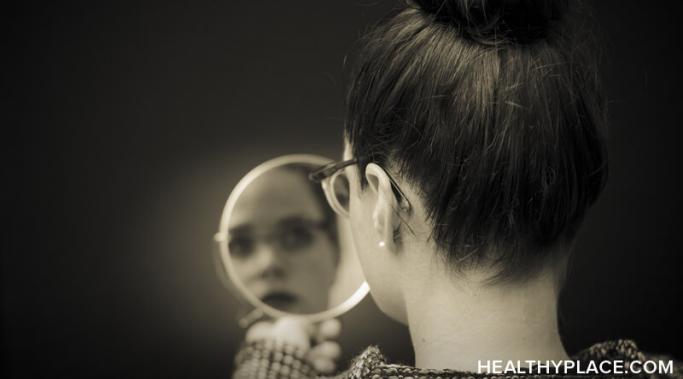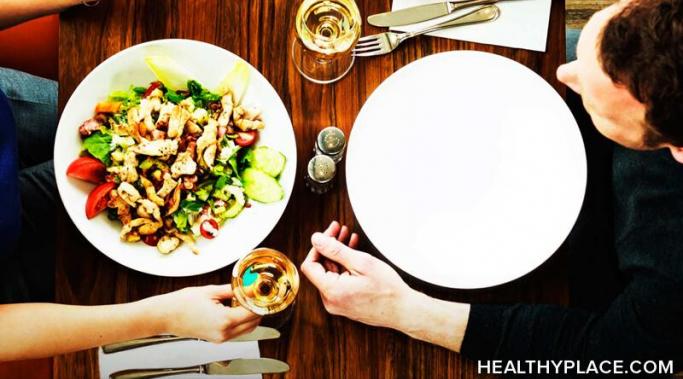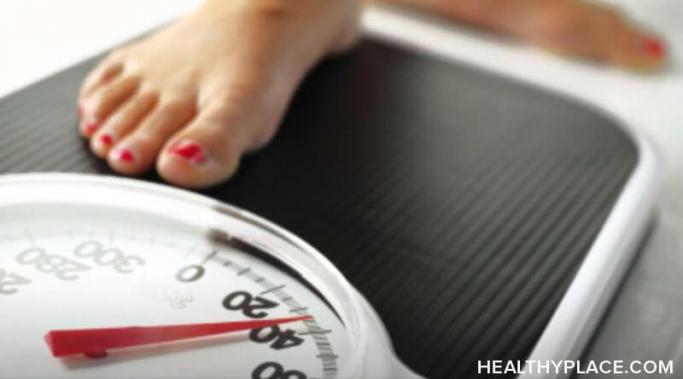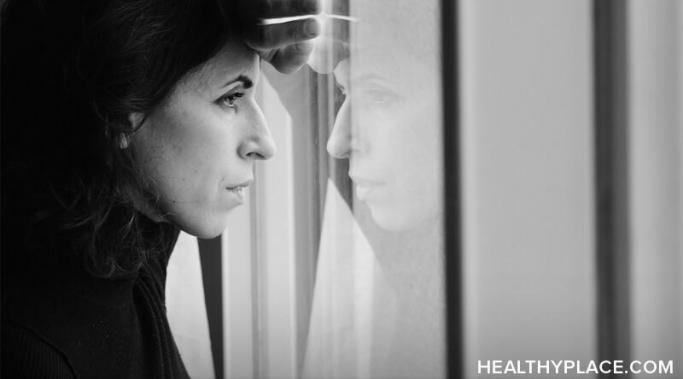There have been countless moments during my time in both outpatient therapy and inpatient treatment when a certain fear held me back from embracing true recovery—the question, "Who am I without my eating disorder?" I knew the illness had starved my body, wrecked my relationships, consumed my mind, and seduced me into harmful decisions, but I clung to it still as my one source of identity. I was terrified of losing the behaviors that I assumed—inaccurately—made me both special and unique.
Eating Disorders Recovery
Eating disorders and vacation: Do you find it difficult—maybe even impossible—to enjoy a summer vacation without the influence of your eating disorder at the forefront of your mind? I can relate, and it's a continuous process for me to release those obsessions and insecurities around exercise or food anytime I travel outside my normal routine. Recovery from eating disorders and vacation plans can, however, come together.
New research suggests that poor “interoception” – the process by which we notice and understand internal sensations, like how hungry or thirsty we are –- may contribute to eating disorders. It turns out that when it comes to disordered eating, the common stereotypes that restricting stems from an unrelenting quest for thinness and bingeing is due to a lack of self-control are wrong.
There’s been significant research to validate the correlation between the personality trait of perfectionism and bulimia nervosa, although, the causality has been debated. A 2010 study in the "International Journal of Eating Disorders," researchers showed that perfectionism plays a role in the “etiology, maintenance, and treatment of eating disorders.”
The mainstream culture needs more advocates for eating disorder awareness—and as someone in pursuit of healing for your own life, you could become an advocate.
Research studies have found many parallels between bulimia and drug addiction. Conceptualizing bulimia as an addiction, or simply understanding the similarities between these mental health problems may help open up new possibilities for treatment.
If you are like me, then you might have asked yourself the question: "What are some eating disorder recovery podcasts worth tuning into?" I am a major advocate of professional counseling—in fact, I see my therapist once a week—but I also endorse other supportive resources outside a counselor's office too. The hour I spend in therapy each week is sacred and beneficial to me as a person in recovery for both anorexia and trauma-related issues, but when I'm not directly across from my therapist, the intervention I reach for most often is my arsenal of podcasts. So in this article, I want to break down the eating disorder recovery podcasts that I consider worth tuning into as therapeutic adjuncts—to reinforce not replace clinical treatment—and why I find them useful in my own healing process.
Most mainstream eating disorder films offer stereotypical representations of people with eating disorders. It’s important for our storytellers to start offering honest and responsible portrayals of eating disorders that speak to a wider spectrum of people.
Last week, I came across the idea of "thin privilege," a term I had been unfamiliar with up to that point, and as I researched this concept, I was forced to confront the role of thin privilege in eating disorder treatment—my own experience included. Thin privilege is a systemic ease and entitlement in which people with smaller bodies tend to move through society. More opportunities and advantages are often afforded to people who look the way mainstream culture has deemed acceptable or ideal. In terms of the eating disorder population, those who mirror the stereotype of "emaciated" are more likely to have their illnesses treated with serious concern and validation than people whose bodies do not reflect this arbitrary mold. But if eating disorder recovery is to be made accessible for all those who suffer—not based on outward size or shape—then it's time to address the role of thin privilege in eating disorder treatment.
Loving yourself through an eating disorder relapse is important because, if you have experience with an eating disorder, then you know firsthand that the recovery process is not a linear route. Instead, it's full of detours and obstacles, forward motions and backward stumbles. Sometimes there are victories, but other times, a relapse can occur—and when it almost inevitably does, the question then becomes: How do you love yourself through that eating disorder relapse?









